
In Mozambique, one in two girls will marry and two in five girls will have given birth by age 18. In a country with one of the highest teen pregnancy rates, the impetus remains to resolve the gaps in serving Mozambique’s next generation.
That’s where Vale-a-Pena comes into play.
With and for young people, the UK Aid-funded Vale-a-Pena is proving the power in applying A360’s youth-powered approach to determine what it takes to enact effective, resonant and ultimately lasting adolescent and youth sexual and reproductive health (AYSRH) behavior change in Mozambique, and beyond. Together, we’re working to ensure a future in which girls and young women can voluntarily access modern contraception– if and when they choose.
Situational Analysis
Young Mozambicans navigate a complex web of socio-cultural barriers in accessing AYSRH services where they are, and how they need.
Addressing these gaps requires resolving the market failures: from strengthening how we prime frontline players with the training and resources to deliver youth-centered services to bringing stakeholders along in paving pathways for young people to choose their own course over their health, their bodies and their lives.
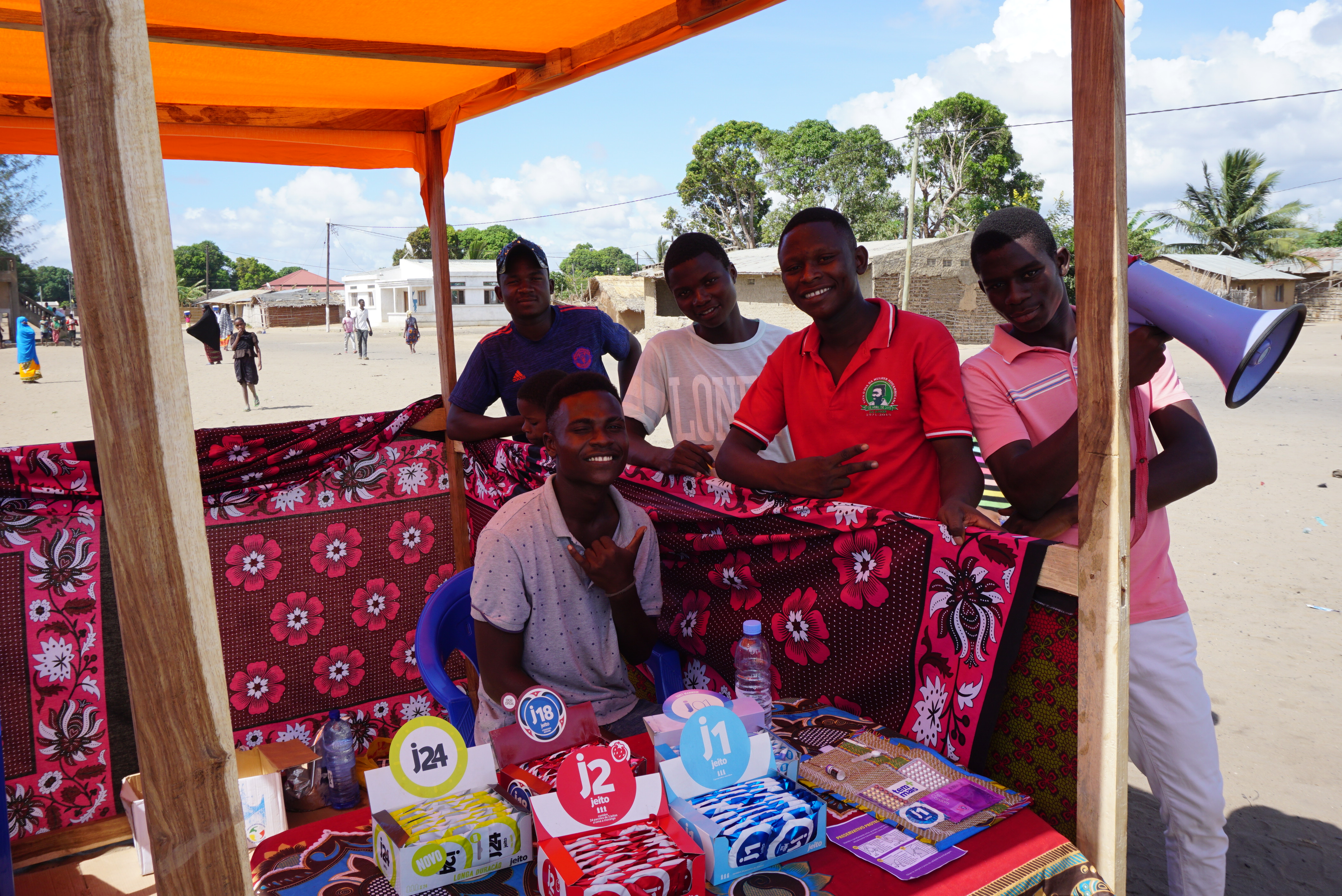
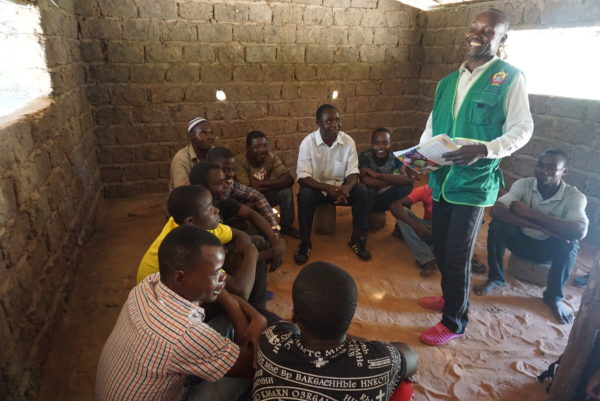
Getting Girl-Centered
Vale-a-Pena builds from what girls say they want to deliver reproductive health services when and how they need.
Click the below breakouts to explore the emerging insights shaping how Vale-a-Pena is changing the conversation around contraception.
Contraception is her responsibility, but his decision.
With child-bearing a priority among married girls, family planning is often left from consideration until a girl has had her first child. And then, it’s on her to understand her options – before sharing with her partner who weighs in on the decision.
Young people do date, but often in secret.
Adolescents often hide their relationships given dating has yet been embraced as a community norm, posing a challenge for how young couples engage in SRH conversations.
School-based sexual & reproductive health (SRH) education is insufficient and overlooks those who drop out of school.
Mozambican adolescents predominantly glean SRH information through their secondary school education, leaving behind girls who have dropped out due to limited access, financial obstacles or distance. For girls, the SRH lessons primarily focuses on preventing pregnancy and finishing school; boys learn about the dangers of and ways to prevent contracting HIV. But with classes taught by teachers who lack deep SRH information, the team found that most adolescents cannot articulate why one should use a contraceptive method, even after undergoing the SRH curriculum.
Contraceptive use remains taboo.
Girls and her influencers, hold deep myths and misperceptions that contraception can harm girls’ fertility or health. Men think long-acting methods change “the taste of women” or harm her physical appearance.
Parents often push girls into early marriages to avoid the shame an unwanted pregnancy would bring onto the family.
This complicates how mothers – who girls view as sources for SRH information – impart information to their daughters: namely doing so in a prohibiting way that reinforces abstinence and discourages interaction with boys.
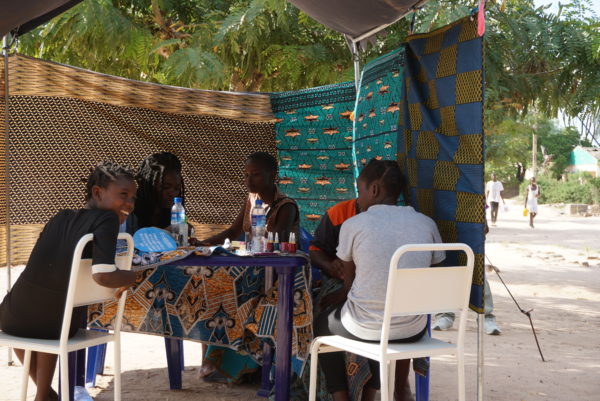
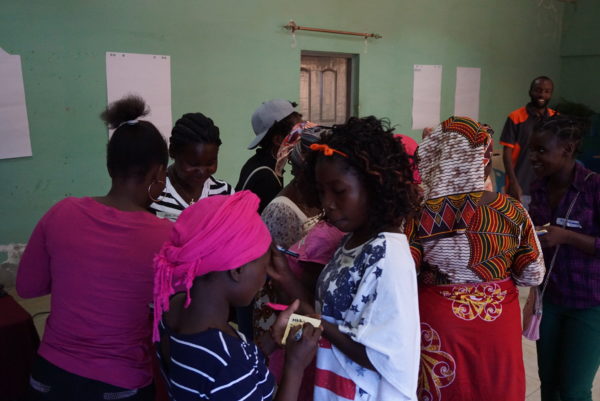
Vale-a-Pena Learnings
Vale-a-Pena Team
Consortium


Donor
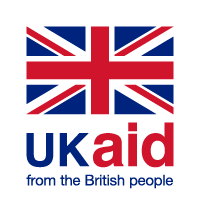
Partners

